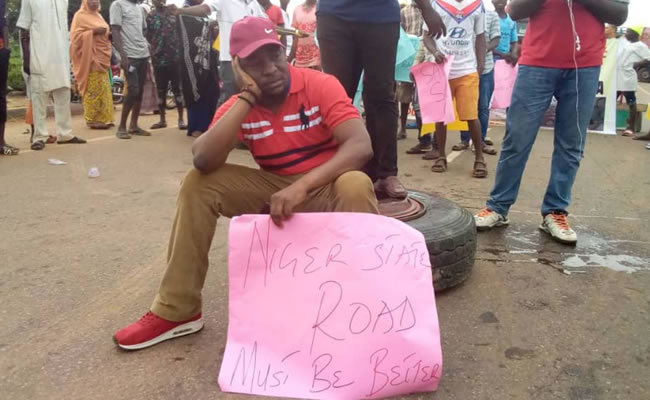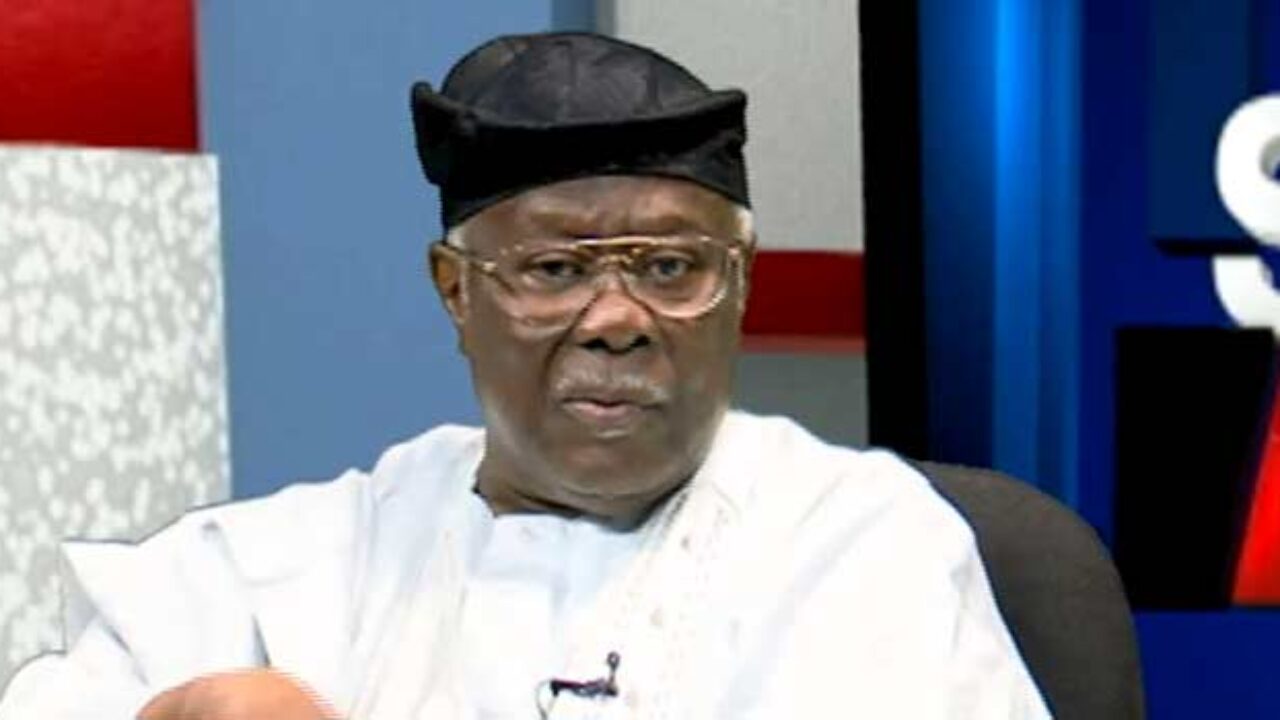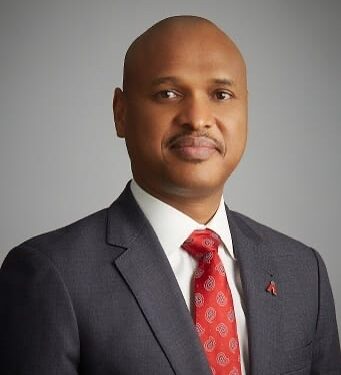Opinion: From #EndSARS to structural political and economic change

By Kingsley Moghalu
(Opinion) “The youth of a nation are the trustees of posterity.” – Benjamin Disraeli, Prime Minister of the United Kingdom, 1874- 1880.
“Blessed are the young, for they shall inherit the national debt.” – Herbert Hoover, 31st President of the United States The recent peaceful protests by thousands of young Nigerians demanding an end to police brutality by the infamous Special AntiRobbery Squad (SARS) of the Nigerian Police Force is undoubtedly the most consequential political uprising since Nigeria returned to civilian democratic rule in 1999.
While there are those skeptical about how much the youth can affect Nigeria’s reigning order of politics and governance, I believe such skeptics are wrong.
The protests will reshape Nigeria’s future. The youth have no choice, else, they will have no future.
It’s “do or die”, and I do not mean this in any violent sense but that of a lawful civic and political struggle for their place under the Nigerian sun.
#EndSARS rattled Nigeria’s political elite. It was a rude awakening.
The reckoning came from an unexpected quarter, for an unexpected reason, and at an unexpected time.
For the first time, young Nigerians stood up for two weeks (before the violent thugs, and then the looters arrived) to demand an end to the brutality of an institution established to secure us as citizens, but which all too often was turned into an instrument of oppression and extortion.
Beyond this, Nigeria’s police and security agencies have served mainly as regime protectors for governments in power, while the lives of Nigerians have been rendered increasingly worthless by terrorists, bandits and other assorted criminals.
On top of this, the Nigerian youth are mostly jobless and increasingly hopeless.
The Nigerian state has not been able, for many years, to articulate, let alone fulfill, a social contract with its citizens.
Rather, the state and the people it is meant to serve are in a fundamentally adversarial relationship.
The purpose of politics and of what passes as governance in our country has been mainly to serve the vested class interests of the political elite and the exclusionary sectarian interests of ethnic and religious cabals.
Thus alienated by active exclusion, corruption, and incompetent governance, “the rest” grumble in frustration, and in return are seen by elected politicians and appointed officials in the corridors of power as “the enemy” who “want to bring us down”.
Conspiracy theories grow wings and fly. But the forces of oppression often take the oppressed for granted.
What the oppressors don’t understand is that, one day, the oppressed will rise. The precise time or trigger event often can’t be known in advance.
This is an immutable historical truth. Only those who pay attention to historical trends get it.
Nigeria’s political and economic elite should look into the future and, even if for reasons of enlightened self-interest, retool the system.
But power and the instinct to protect it often pulls the wool over our eyes.
When French citizens in the late 18th century could no longer afford the price of bread and complained about hunger and social inequality, MarieAntoinnete famously retorted: “Let them eat cake”.
The French Revolution followed shortly thereafter. The genie is out of the bottle.
The question is whether the government and the traditional political elite recognise a historical moment and, just as important, act with courage and foresight to meet it and launch fundamental reforms.
This would also include a proactive, negotiated exit of the old order into retirement.
That exit could involve bequeathing power directly to the youth or a generationally transitional leadership that will nevertheless ensure that the youth are at the table, not on the menu.
#EndSARS is a metaphor for improved governance, a better life, and a more hopeful future.
The Nigerian presidency has embarked on a round of consultations and dialogue following the protests.
This is a good and necessary move. But contradictory impulses abound, demonstrated by an ongoing clampdown on Nigerians who supported or participated actively in the #EndSARS peaceful protests.
We have seen efforts to demonise the peaceful protests, while paying lip service to their validity.
This is just like the reaction from some quarters to the Black Lives Matter protests in the United States, after the murder of the African-American George Floyd by a police man whose knee snuffed the life out of Floyd while the cop kept his hands in his own pockets.
In the same vein, we must disagree strongly with efforts to delegitimise the exercise of a constitutional right by Nigeria’s young people by casting #EndSARS as a calculated, sectional attempt at illegal regime change.
We must decry and protest the seizing of passports and the freezing of bank accounts of individuals associated with the protests.
The real targets of law enforcement should be the hoodlums who appear to have been sponsored to interrupt the protests, and the security forces who committed extra-judicial killings by shooting peaceful protesters at Lekki toll gate in Lagos.
The recent clampdown by the authorities raises questions about the good faith of the government, and risks igniting more resistance.
Nigeria should not be Belarus. The youth should engage with the government to ensure that their specific demands for police reform are met.
That process should be framed in measurable timelines and quality assurance. Beyond this, the federal government should demonstrate a single-minded commitment to more fundamental, longer term reforms required in response to #EndSARS and the COVID-19 pandemic.
Nigeria simply can’t be economically productive with its current constitutional structure.
Absent a new constitution that replaces the militaryinspired one of 1999, agreed by all of Nigeria’s component ethnic nationalities, and anchored on justice and equity for all Nigerians, our country will continue to fail the economic and political aspirations of its youth.
This is as true of young people in Kano or Potiskum, as it is for those in Awka, Akure or Owerri. #EndSARS has set the stage for the nextlevel (no pun intended!) evolution of Nigeria. Our youth can no longer be absent from this discussion.
READ ALSO: ENDSARS Protest: Mandate International UK Speaks Over Lagos Carnage
They must determine to play a decisive role in future elections at all levels of government. This is easier said than done.
The youth must confront, and address, three questions. First, given our development challenges, how can we reform our leadership selection process by making it a clear-eyed recruitment process that identifies and backs visionary, transformative leaders in the democratic process, rather than the mere outcomes of transactional, cash-and-carry politics? Second, we need urgent electoral.










